Man becomes great exactly in the degree in which he works for the welfare of his fellow-men.
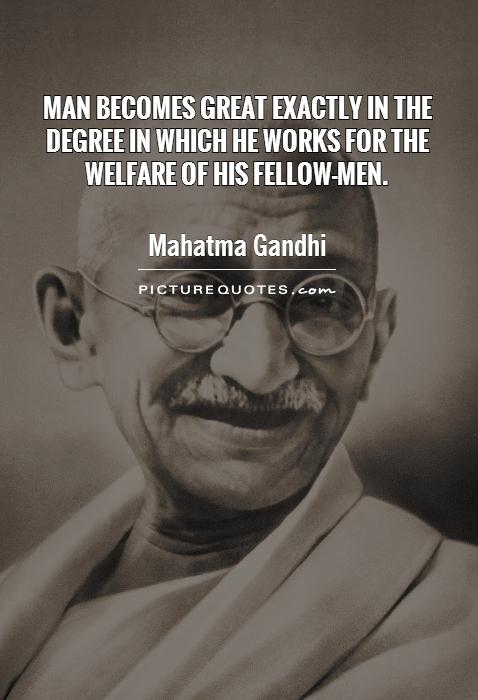
Man becomes great exactly in the degree in which he works for the welfare of his fellow-men.
Mahatma Gandhi, the revered leader of the Indian independence movement, was a firm believer in the idea that greatness is achieved through service to others. His words, "Man becomes great exactly in the degree in which he works for the welfare of his fellow-men," encapsulate his philosophy of selflessness and compassion.Gandhi's life and teachings are a testament to the power of serving others. He dedicated his life to fighting for the rights and welfare of the oppressed and marginalized in society. Through his nonviolent resistance and civil disobedience, he inspired millions to join him in the struggle for justice and equality.
Gandhi believed that true greatness lies not in personal achievements or material wealth, but in the impact one has on the lives of others. He saw service to others as the highest calling, and he lived his life as an example of this principle. His humility, compassion, and dedication to the well-being of his fellow human beings made him a truly great leader.
In today's world, where individualism and self-interest often take precedence over the needs of others, Gandhi's words serve as a powerful reminder of the importance of working for the welfare of our fellow men. In a society that is increasingly divided by race, religion, and political ideology, it is more important than ever to remember the value of compassion and empathy.
By serving others and working for the common good, we not only make a positive impact on the world around us, but we also cultivate a sense of purpose and fulfillment in our own lives. When we put the needs of others before our own, we become part of something greater than ourselves, and we contribute to the creation of a more just and compassionate society.


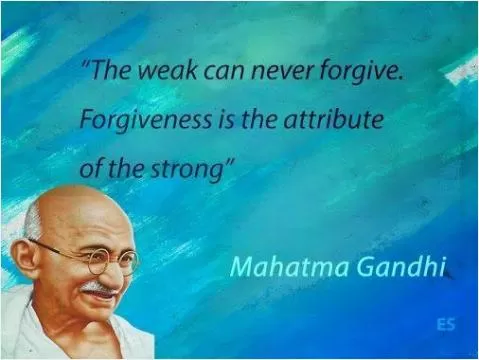


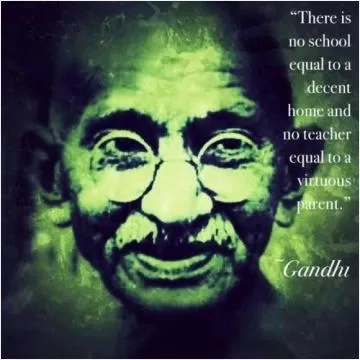



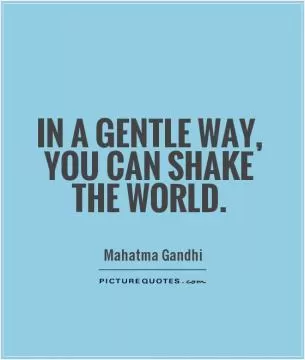
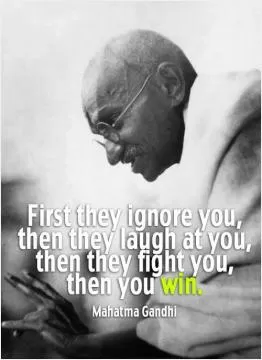

 Friendship Quotes
Friendship Quotes Love Quotes
Love Quotes Life Quotes
Life Quotes Funny Quotes
Funny Quotes Motivational Quotes
Motivational Quotes Inspirational Quotes
Inspirational Quotes